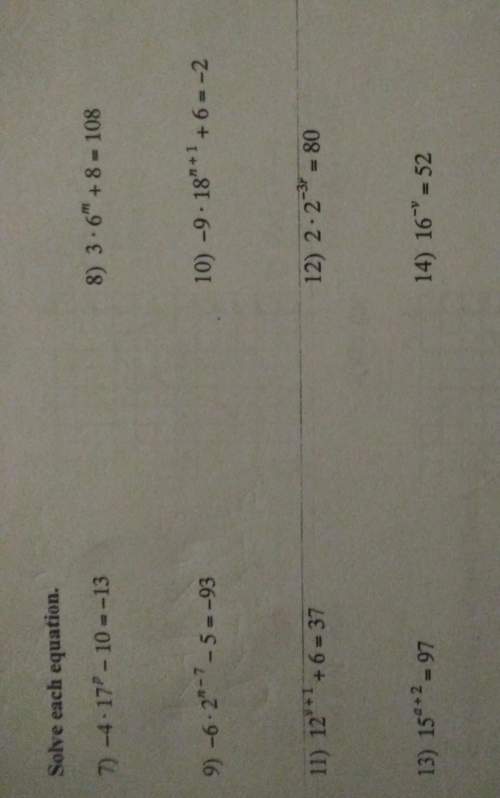
Mathematics, 27.11.2021 20:10 loyaltyandgood
1. A company manufactures two products. Each unit of product X requires 10 machine hours and each unit of Product Y requires 4 machine hours. The company's productive capacity is limited to $180,000 machine hours. Each unit of product X sells for $15 and has variable costs of $7. Each unit of product Y sells for $8 and has variable costs of $3. If the company can sell all that it produces of both products, what should the sales mix be?
2. Goodfellow Company had the following results of operations for the past year:
Sales (8,000 units at $6.80) $54,400
Materials and direct labor (20,000)
Overhead (40% variable) (10,000)
Selling and administrarive expense (all fixed) (6,000)
Operating income $18,400
A foreign company (whose sales will not affect Goodfellow's regular sales) offers to buy 2,000 units at $5.00 per unit. In addition to variable manufacturing costs, there would be shipping costs of $1,200 in total on this units. Prepare an analysis of this additional business to show whether Goodfellow should take this order.
3. Variations Company had the following results of operations for the past year:
Sales (8,000 units at $7.00) $56,000
Variable manufacturing costs (30,000)
Fixed manufacturing costs (6,000)
Fixed selling and administrative expenses (4,500)
Operating income $15,500
A foreign company (whose sales will not affect Variations' regular sales) offers to buy 700 units at $4.00 per unit. In addition to variable manufacturing costs, there would be an export cost of $0.30 per unit. Prepare an analysis of this additional business to show whether Variations should take this order.
4. A company produces three different products that all require processing on the same machines. There are only 27,000 machine hours available in each year. Production information for each product is:
Sales price per unit: A. $20.00 B. $38.00 C. $35.00
Variable costs per unit: A. $12.00 B. $26.00 C. $17.00
Machine hours necessary to produce one unit: A. 2.5 B. 4.0 C. 4.50
Required:
(1) Determine the preferred sales mix if there are no market constraints on any of the products.
(2) Determine the preferred sales mix if the demand is limited to 5,000 units for each product.
(3) Determine the preferred sales mix if the demand is limited to 3,000 units for each product.
5. A company has just recieved a special, one-time order for 1,000 units. Producing the order will have no effect on the production and sales of other units. The buyer's name will be stamped on each unit, at a cost of $1.50 per unit. Normal cost data, excluding stamping, follows:
Direct materials$10 per unit
Direct Labor 16 per unit
Variable overhead4 per unit
Allocated fixed overhead12 per unit
Allocated fixed selling expense8 per unit
Prepare an analysis that indicates the selling price per unit this company will require to earn $3,000 on the order.

Answers: 1


Another question on Mathematics

Mathematics, 21.06.2019 18:20
What is the solution set of the quadratic inequality x^2-5< or equal to 0
Answers: 1

Mathematics, 21.06.2019 19:30
Select the margin of error that corresponds to the sample mean that corresponds to each population: a population mean of 25, a standard deviation of 2.5, and margin of error of 5%
Answers: 2

Mathematics, 21.06.2019 20:30
The difference between two numbers is one. three times the larger number minus two times the smaller number is 9. what are the two numbers
Answers: 3

Mathematics, 21.06.2019 21:30
Janice determined there were 10 possible outcomes when tossing two coins and spinning a spinner numbered 1 through 6. what is the correct number? what might have been janice's error?
Answers: 3
You know the right answer?
1. A company manufactures two products. Each unit of product X requires 10 machine hours and each un...
Questions














Mathematics, 09.11.2020 16:20









